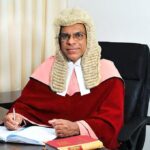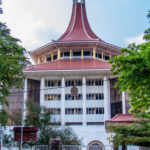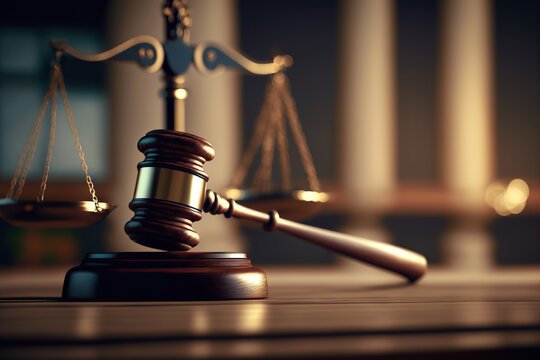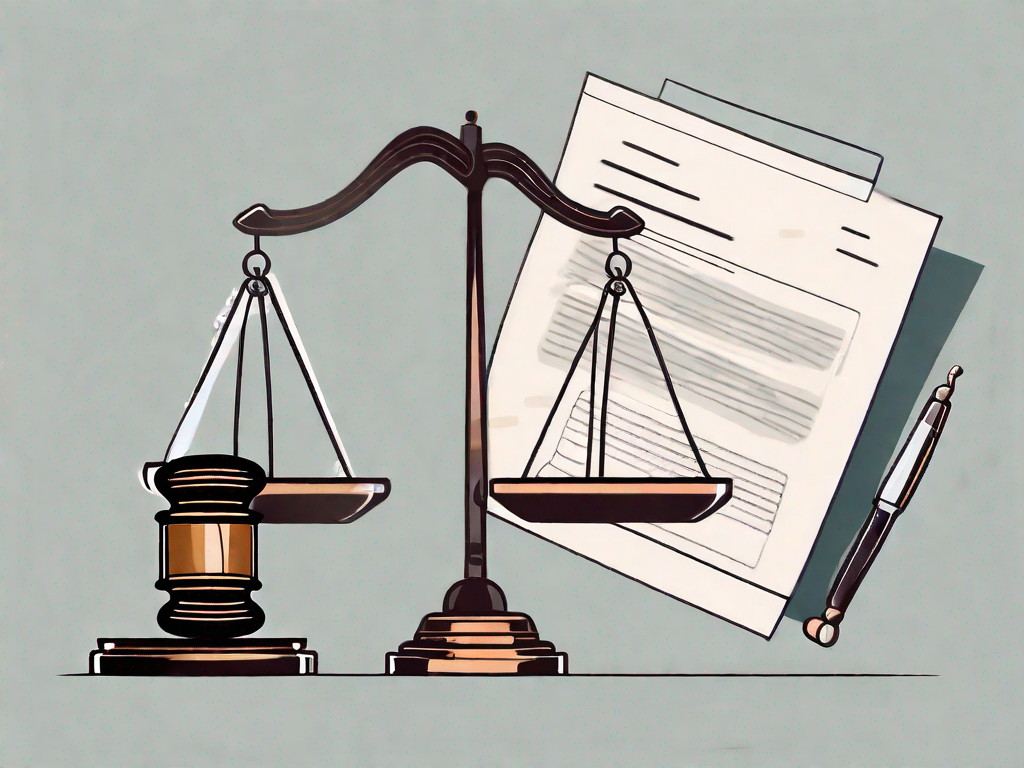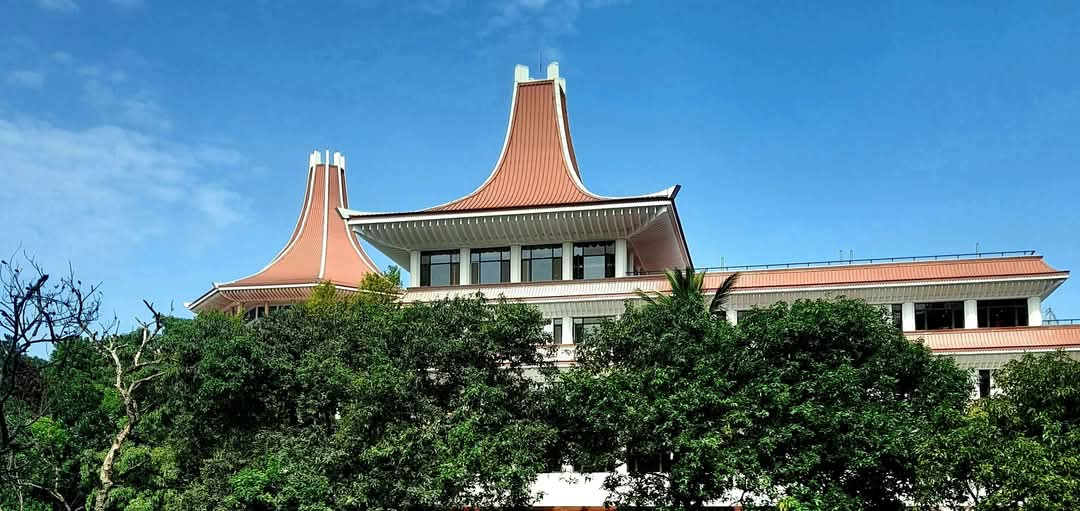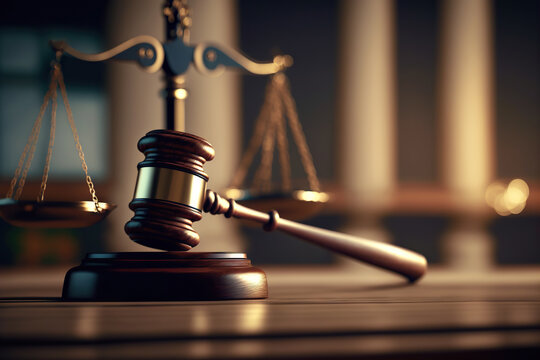Supreme Court Recognizes “Ellenborough Dictum”
Judgment Should Not Be Overturned for Every Defect – SC
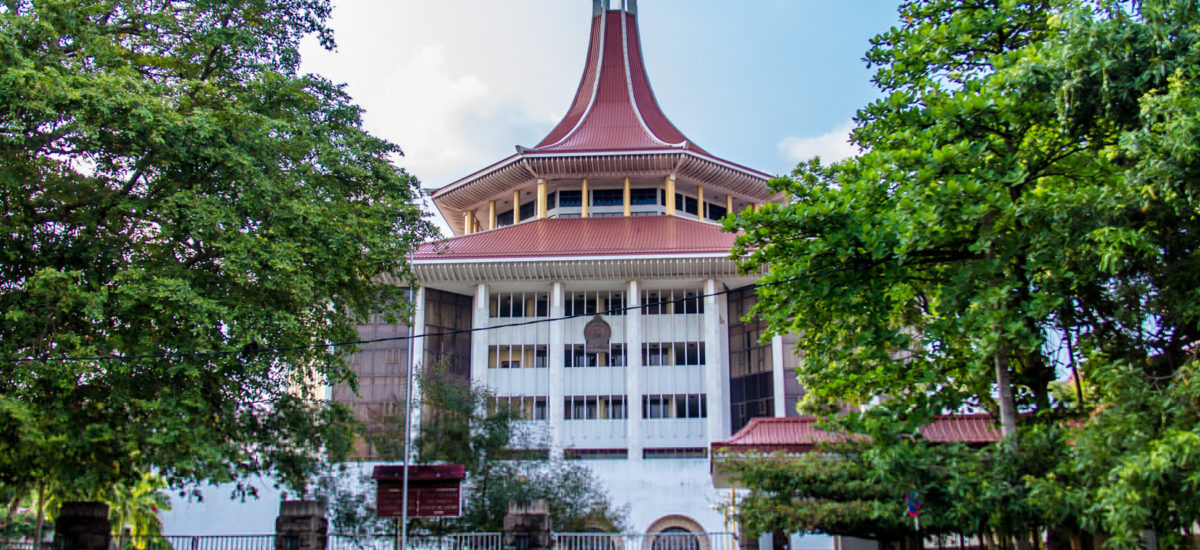
The Supreme Court of Sri Lanka recently ruled that appellate courts should not overturn trial judgments for every defect, provided that no substantial prejudice has been caused to the parties or no miscarriage of justice has occurred. The Supreme Court also in this case reinforced the applicability of the Ellenborough dictum, which allows courts to draw adverse inferences when an accused fails to provide explanations for incriminating circumstances.
The case in question stemmed from a High Court convicting the appellant of possessing and trafficking 1.7 kilograms of heroin, leading to a life sentence. The trial court had found the evidence presented by the prosecution to be overwhelming and concluded that the appellant had failed to provide any credible explanation for the highly incriminating circumstances. However, the Court of Appeal later set aside this conviction, citing procedural errors in the High Court judgment and ordering a retrial. This decision was appealed to the Supreme Court by the appellant.
The Supreme Court examined the trial court’s reliance on the Ellenborough dictum, originating from Rex v. Cochrane (1814). This principle allows courts to infer adverse conclusions when an accused remains silent or fails to counter a strong prima facie case established by the prosecution. The trial judge had determined that the evidence provided by the prosecution not only established the appellant’s guilt beyond reasonable doubt but also required the appellant to explain or refute the incriminating circumstances.
“…Moreover, the learned trial judge held (at pages 59 and 60) that the defence had failed to explain away the highly incriminating circumstances. This is the correct exposition of the law. Upon a careful examination of the judgment of the learned trial judge, it is clear that he does not state that the Appellant had not proved his innocence. In fact, he has acknowledged at several places in the judgment (pages 53, 56, 59 and 62) that the burden of proving the case beyond a reasonable doubt is on the State. However, the learned trial judge (at page 58) after holding that the prosecution has established a strong prima facie case, stated that in these circumstances, the burden is on the defence to prove their innocence….” – Justice Janak De Silva
In addressing procedural errors, the Supreme Court acknowledged that the trial judge’s reference to the Lucas Principle—which concerns the evidentiary value of lies as corroboration—was incorrect.
“…Admittedly there is a reference to the Lucas principle by the learned trial judge. The Lucas principle explains the circumstances in which a lie uttered in or outside Court by an accused may provide corroboration against him. As Lord Lane CJ held in R. v. Lucas [(1981) 2 All ER 1008 at 1011]…”
“..No doubt, the reference to the Lucas principle by the learned trial judge is out of context. Nevertheless, I do not think that a judgment must be set aside for every conceivable error in it. It may in fact be a herculean task to find a judgment which is absolutely free from any error. In fact, this is acknowledged in the Constitution….”
Citing Article 138 of the Constitution and Section 334(1) of the Code of Criminal Procedure, the Court stressed that appellate courts must assess the overall context and evidence of a case, rather than setting aside judgments for isolated errors that do not affect the outcome.
“….The legally admissible evidence led by the prosecution has proved the charges against the Appellant beyond reasonable doubt. An application of the Ellenborough dictum then required the Appellant to explain away the incriminating circumstances. The learned trial judge who had the benefit of observing the demeanor and deportment of the Appellant during his dock-statement and the evidence of his mother and brother did not believe them. An objective evaluation of this evidence necessarily requires the trial judge to conclude that the Appellant is guilty. The two errors of the trial judge in his judgment makes no difference as the conclusion is warranted by law. In these circumstances, there is no error, defect or irregularity in the judgment of the learned trial judge which has prejudiced the substantial rights of the parties or occasioned a failure of justice….”– Justice Janak De Silva
Supreme Court’s Role in Correcting Excess of Jurisdiction
In this case, the Supreme Court underscored its authority under Article 127(1) of the Constitution to correct errors of fact or law made by the Court of Appeal, particularly when the appellate court has exceeded its jurisdiction.
“…In this appeal, the Appellant has invoked the appellate jurisdiction vested in Court by Article 127(1) of the Constitution. This jurisdiction vests power in Court to correct all errors of fact or in law committed by the Court of Appeal at its discretion. Where the Court of Appeal has exceeded its jurisdiction conferred by Article 138 of the Constitution by correcting an error or errors in fact or in law which has not prejudiced the substantial rights of the parties or occasioned a failure of justice, this Court has the power to remedy the excess of jurisdiction….” – Justice Janak De Silva
Case No: S.C. Appeal No. 122/2020 [Decided on 07.10.2024]
Before: P. Padman Surasena, J. Janak De Silva, J. Achala Wengappuli, J.

